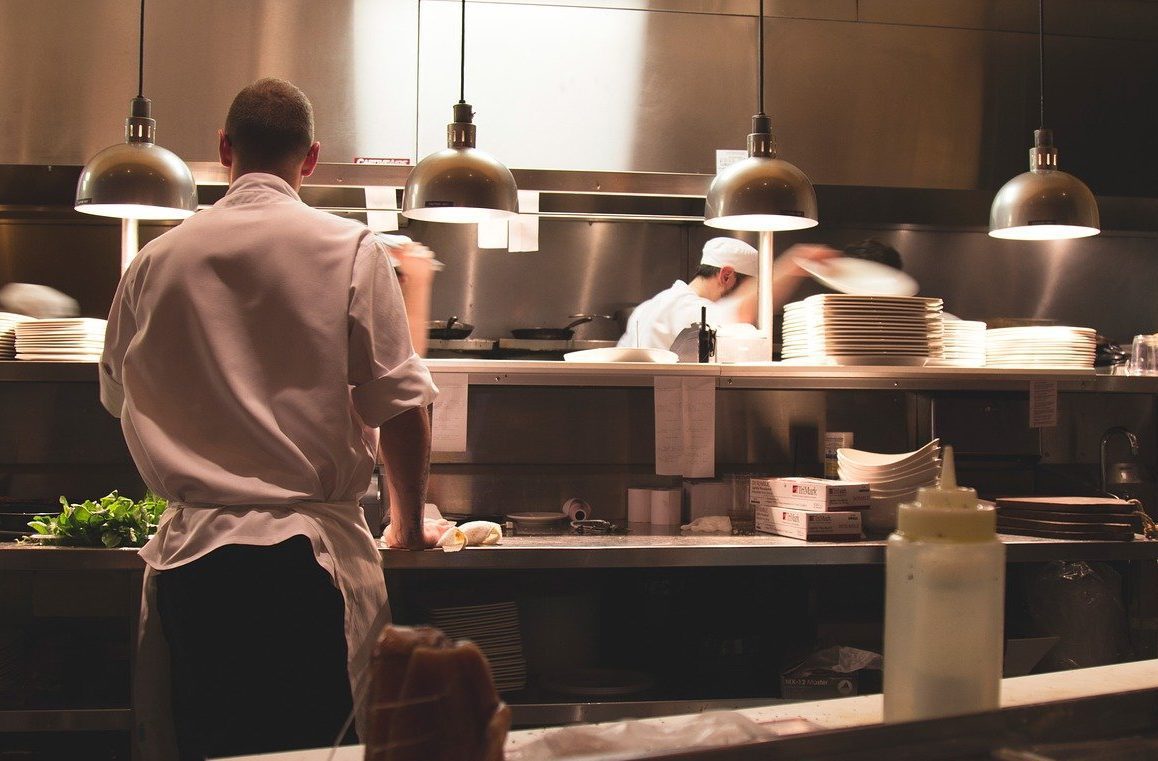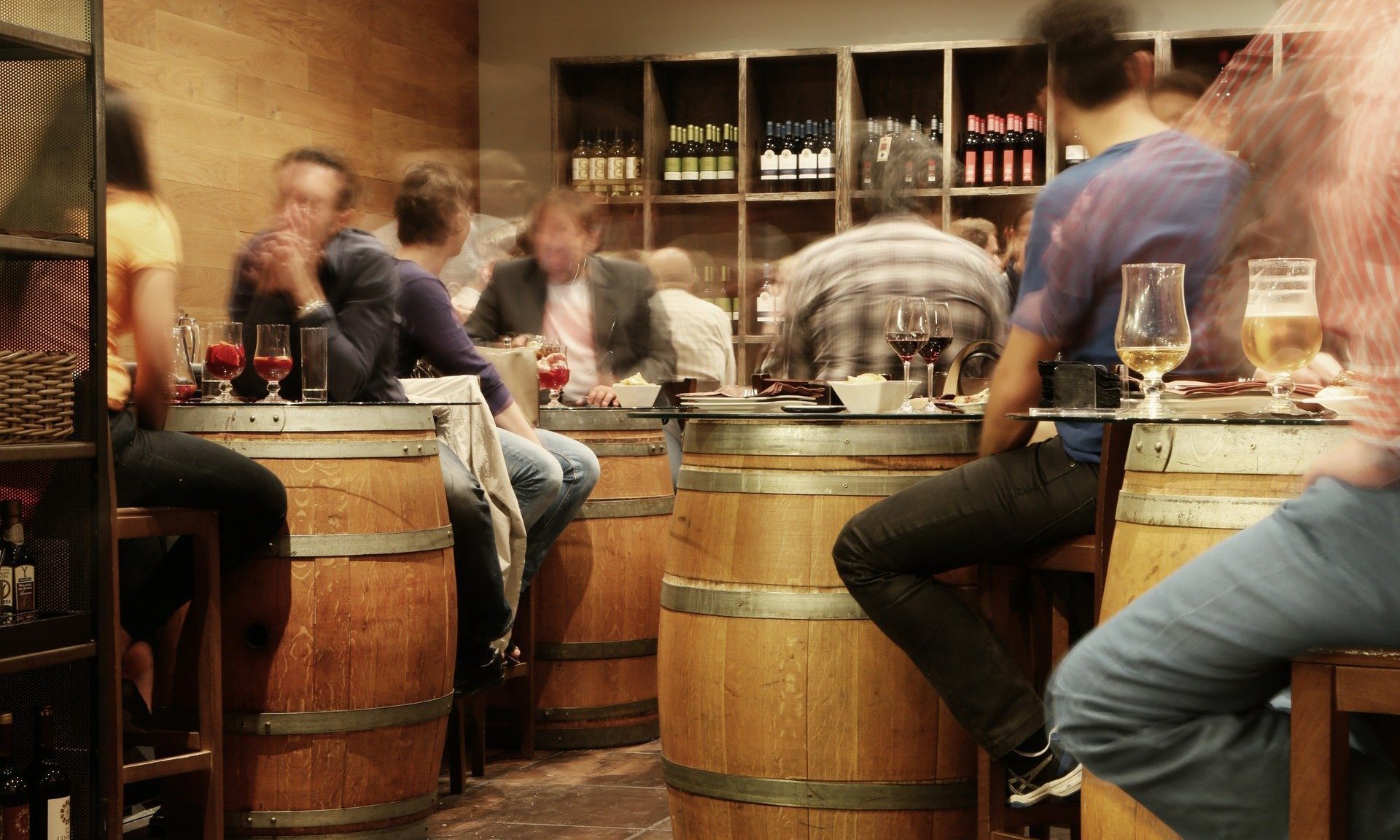Register to get 5 free articles
Reveal the article below by registering for our email newsletter.
Want unlimited access? View Plans
Already have an account? Sign in
It’s not new news, the hospitality sector is facing a staffing shortage crisis. A study conducted by CGA and Fourth last month found nine in 10 hospitality business owners expect employee shortages this coming year. Yet, the problem persists without showing any signs of letting up. With the 19 July reopening finally upon us, what can be done to solve this detrimental situation as increasing numbers of people call upon the industry to offer many long awaited tastes of freedom?
While “staffing shortages in hospitality have always been a reality”, Catherine Johnstone, founder of hospitality consultancy group Vigour and Vice, claims that the pandemic has “absolutely worsened the situation”. Johnstone adds that the staffing crisis is “already at its peak”, with many businesses having to “adjust to the reality of the situation”.
The extent of the crisis at first glance seems at odds with the trends of a global pandemic, which have seen many made redundant and competition for specific positions gather unheard of levels of interest. However, Johnstone argues that this is not the case for the hospitality industry, with the restrictions since March 2020 causing a mass exodus of skilled workers.
“Those staff that were furloughed or left without a job moved into other sectors,” she says. “And those that returned to hospitality may have found that the lifestyle and working conditions no longer suited them after a year away from the sector.”

She adds: “Business models also changed in order to implement government guidelines such as additional use of technology, reducing the number of staff needed. As those businesses begin to trade normally again, staffing needs will increase and it will take time to recruit and train new people. During this period the lack of staff will be felt by the business and the consumer.”
With the final stage of lockdown lifting now underway and cases once again on an upward spiral, isolation is also causing havoc for hospitality businesses and their staffing problems. Johnstone reveals that a client of Vigour and Vice had four members recently contacted by track and trace, resulting in the closure of a “significant part of its business until they are out of self-isolation, despite all being partially vaccinated”.
With self-isolation rules set to remain until 16 August at the earliest regardless of the ever-pressing vaccination programme, industry bodies have called upon the government to rethink its stance. Kate Nicholls, chief executive at UKHospitality, suggested on Twitter that testing in place of isolation should be introduced to avoid the “carnage” that is being caused to businesses within the industry.
She added: “We understand the need for caution and effective transmission control. What we are asking for is pragmatic adjustment to avoid disadvantaging young workers – test to release as per international travel will reduce disruption without reducing protection.”
The sentiment is backed by Johnstone, who advocates either the removal of self-isolation rules “for those partially vaccinated with adequate signage to indicate that a business has chosen to adopt such a model”, or an effort to speed up the vaccination programme and “bring forward the change to the self-isolation rules”.
Crucially, it seems the message is also breaking through to Conservative party members.

Mark Jenkinson has written to fellow Conservative MP Sajid David, claiming that “hospitality and other businesses are severely impacted by current isolation requirements”. In turn, he added: “I would ask that isolation requirements, particularly through the app, be changed in line with other freedoms on 19 July.”
Evidently, Jenkinson’s plea has not yet altered the course of Government policy. Moreover, simply lifting isolation rules alone is clearly not enough to fix the burgeoning staffing crisis. To tackle the lasting effects of the shortage, UKHospitality released a 12-point plan in June. Short-term business, governmental, and trade body actions are paired with medium and long-term suggestions that include the introduction of a catering T-level, a permanent reduction to VAT, and a review of the UK’s new immigration system.
Nicholls said that “it’s clear that we need to attract people” to the sector by highlighting the “benefits of a job or career in hospitality”. She added: “By working closely with Government on implementing this plan, the sector can restore confidence and bounce back even stronger, so hospitality is once again seen as a dynamic and exciting sector of growth, and a provider of fulfilling careers that will help power the UK’s economic and social recovery.”
The “acute” staffing shortage that faces the hospitality sector has been exacerbated by the global pandemic, and an early change to self-isolation rules would provide invaluable support to those businesses that are already understaffed.
However, the problem runs much deeper, and much like Nicholls and Johnstone allude to, requires a much more intrusive set of policies and actions to fix. With support from the Government, incentives from businesses, and awareness from trade bodies, the industry as a whole can potentially regain its attractiveness, and successfully deal with the undoubted rise in demand that has come alongside the final steps of lockdown easing.



















